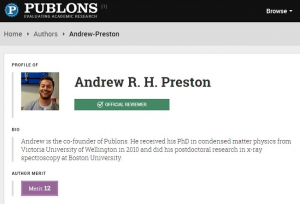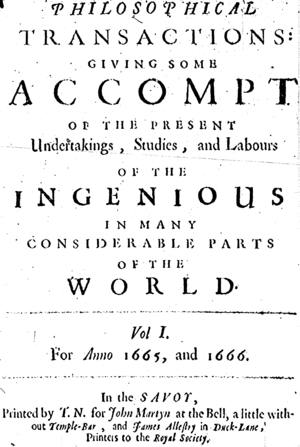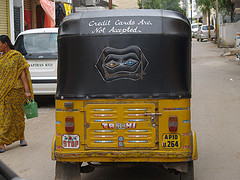
The following is a version of the text I spoke from at the STEPS 2015 Conference, Resource Politics, at a session on Open Science organised by Valleria Arza, where I spoke along with Ross Mounce and Cindy Regalado. This version is modified slightly in response to comments from the audience. There aren’t too many privileged categories I don’t fall into. White, male, middle class, middle aged, home owner.




